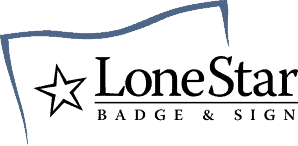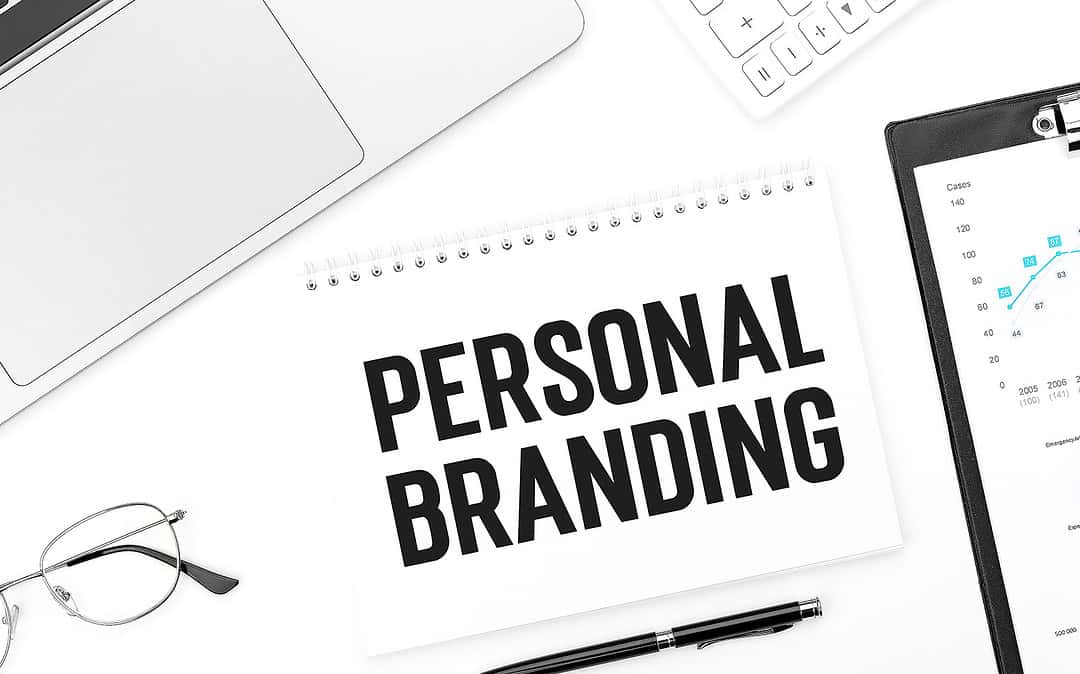In the vast landscape that is corporate branding, a seismic shift is starting to redefine the terrain. Instead of seeking to make the maximum noise to reach as many people as possible, businesses are now focusing their efforts on delivering a more personalized, strategic whisper to their consumers. Spearheading this revolution are pioneers like LoneStar Badge & Sign, who understand the nuanced potency of personalized branding, which reaches audiences with tailored precision.
Be it through custom name tags, desk plates, signage, or reusable name tags, personalized branding is taking root in companies across industries, breaking through the deafening clutter of mass messages to offer memorable customer experiences.
The Fading Spotlight on Mass Marketing
For decades, mass marketing has been the go-to strategy for many businesses. This ‘one-size-fits-all’ marketing practice aims to cast a wide net to capture and engage an entire market with one broad strategy. While this approach certainly has its merits, offering cost efficiency and a substantial reach, it often employs a ‘spray and pray’ approach, hoping to engage with as many people as possible without specific targeting.
While this approach may have worked in the past for out-of-home advertising, such as television ads, billboards, and newspapers, consumers who engage with companies in a digital landscape no longer respond to this type of advertising in a way that is cost-effective for companies. As the digital world expands, people expect to see more and more personalized products and services delivered directly to their devices.
This sense of personalization has carried over into out-of-home spaces such as retail stores, hospitality brands, and even healthcare facilities. Each company or brand serves a specific type of customer that responds to catered marketing services from targeted marketing to creating relationships between employees and customers.
The chief hurdle with mass marketing is its scattershot nature, which may fail to resonate amidst the rich diversity of potential customers, each with their unique needs, preferences, experiences, and buying motivations. While there still may be potential for this type of marketing for an out-of-home strategy, this approach can sometimes seem impersonal and generic, potentially diluting a brand’s identity and impact, in stark contrast to the intimate, targeted reach of personalized branding.
Embracing Personalized Branding
Think of personalized branding as a tailor-made suit, designed to fit each customer perfectly as opposed to an off-the-rack garment. It involves leveraging data to design and implement a unique and flexible strategy for each customer segment or even individual. The idea is to create brand engagement that feels like a direct conversation with the customer rather than a shouted slogan across a crowded market.
Apart from sticking out like a breath of fresh air amidst the barrage of generic messages, personalized branding comes with several other transformative benefits.
Increased Customer Engagement
In today’s digital age where customers are often bombarded with impersonal marketing messages, personalized branding serves as an oasis offering a focused, relevant conversation. For instance, a hospitality establishment that leverages name badges for its staff can intensify the guest experience by fostering a sense of familiarity and belonging. This personal touch can boost engagement, helping customers feel more comfortable interacting with the staff, and thereby fostering deeper relationships between the brand and its customers.
Heightened Brand Recall
Creating a one-of-a-kind customer experience makes your brand hard to forget. When a business creates consistent and memorable engagement—for example, using custom nameplates for its employees, be it in an office environment or a retail store—it stands out from its competition and firmly imprints its brand in the minds of its customers.
Brand Consistency
Personalized branding isn’t just about standing out—it’s also about harmonizing every element of your brand to create a cohesive image. Consistent, customized branding elements like name tags, used in distinct branches or international offices, reinforce your brand identity at every touchpoint. Similarly, custom signs and badges designed with your brand’s colors, logos, and fonts subtly reinforce your brand’s identity, making it easier for customers to recognize and form an affinity with your brand.
Flexibility
With elements like reusable name tags, companies can easily adapt to organizational changes or shifts. These enable businesses to effortlessly switch roles, job titles, or employee names while ensuring brand consistency is maintained, thereby creating a seamless transition and demonstrating an adaptability that keeps up with the company’s evolution.
Improved Customer Loyalty
As consumers, we’re more likely to remain loyal to brands that see us as individuals rather than mere transaction figures. Personalized branding fosters this sentiment by customizing each interaction. This sense of being seen and valued as unique can foster an emotional connection with the brand, which boosts loyalty and may even transform customers into passionate brand advocates.
The Potential of Personalized Branding Across Industries
The importance and potential of personalized branding transcend industries. The approach showcases remarkable adaptability and effectiveness whether applied in retail, hospitality, corporate settings, or healthcare.
Retail stores can greatly enhance the customer shopping experience through personalized branding. For example, the utilization of name badges helps to make in-store customer service more personable, approachable, and engaging, thereby improving the overall customer sentiment towards the store.
Corporate environments can use personalized branding to foster a sense of belonging and community among employees. Custom name plates for each employee within the office environment can create a sense of recognition and personal accomplishment, fostering a positive workplace culture.
Meanwhile, healthcare facilities can use custom badges to foster a sense of trust and reassurance among patients. Seeing a name and a friendly face can be comforting in an environment that is often stressful for patients, highlighting how personal branding can even have an emotional and psychological impact.
A Golden Lynx in the Corporate Jungle
In summing up, the march of personalized branding is a seminal shift towards powerful, precise, and impactful corporate narratives. As the generic din of mass marketing becomes less effective, the potential of a customized approach to appeal to a more discerning, sophisticated, and individualistic customer base is becoming increasingly evident.
By harnessing the power of personalized branding, businesses gain an augmented ability to create deeper connections, enhance brand recall, project a consistent brand image, and foster loyalty. With a trusted partner like LoneStar Badge & Sign, businesses can fully leverage this changing landscape to emerge as forerunners in their respective industries.
From integrating personalization into the minutiae of everyday business operations—such as through quality name badges—to infusing it into larger strategic objectives, the shift to personalized branding signals a wave of change promising countless opportunities for businesses to distinguish themselves from the competition and forge a unique niche in the corporate echelons.

